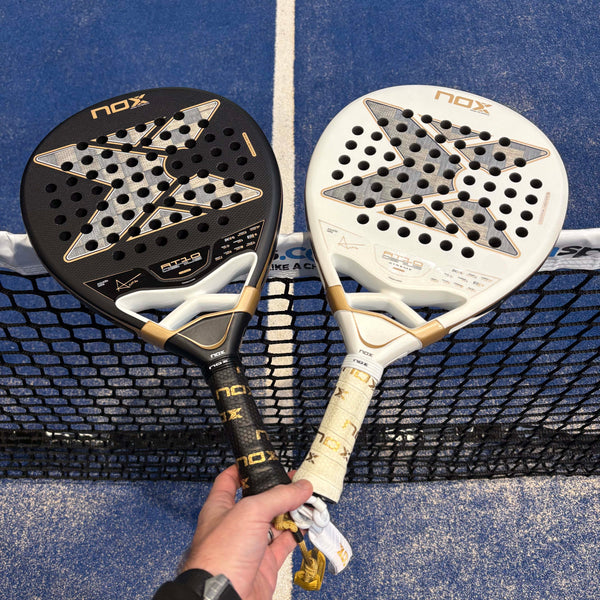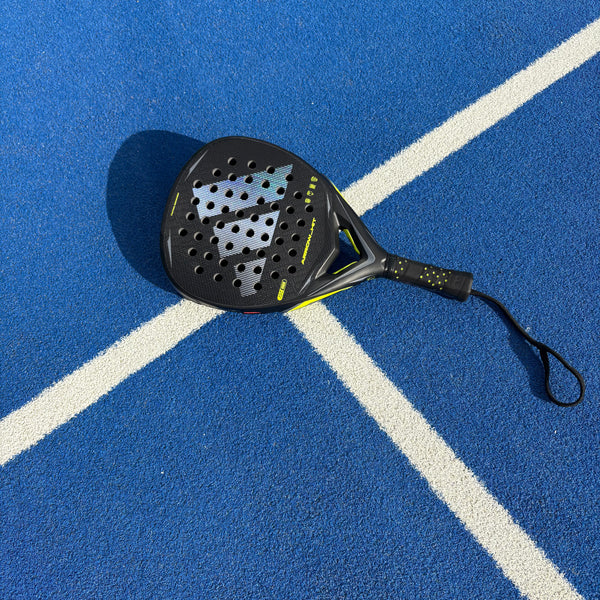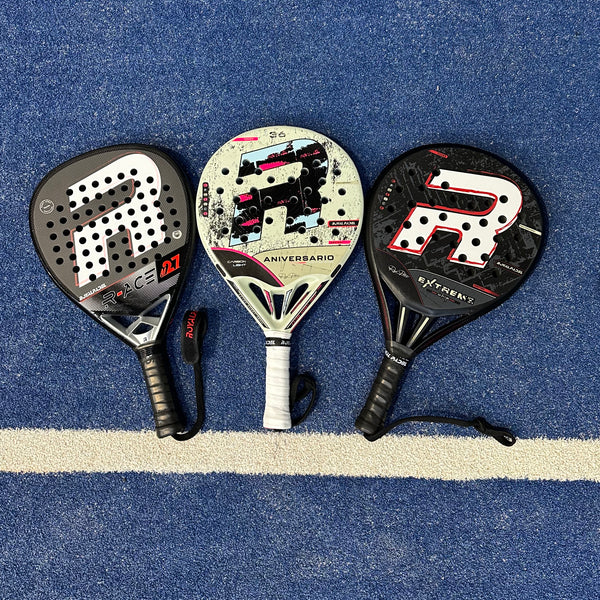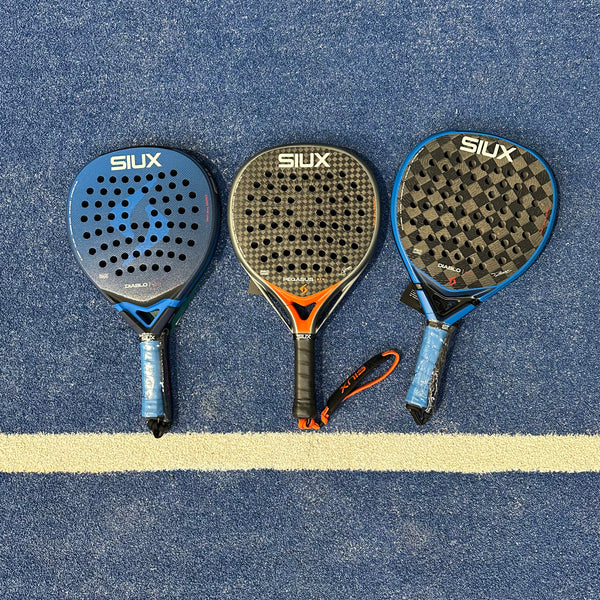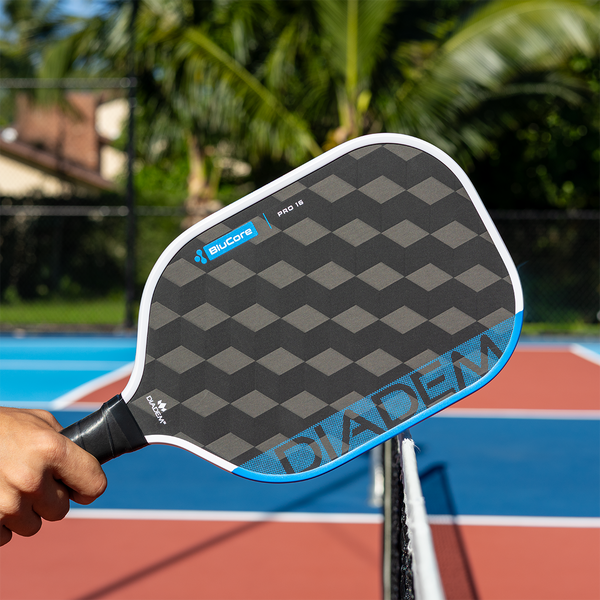Why is pickleball so popular?
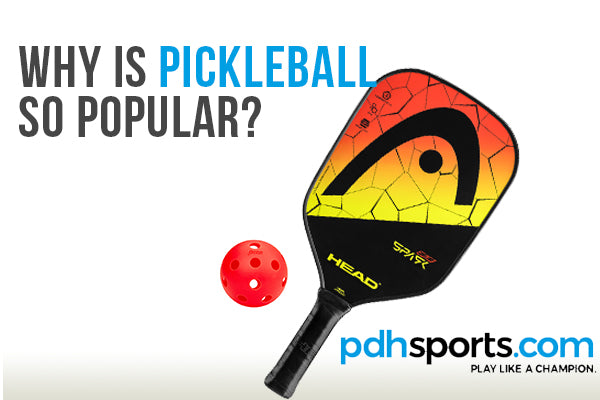
How many people play pickleball?
In North America there are more than 36 million players according to a recent report on CNBC, based on figures provided by the Association of Pickleball Professionals, CNBC says numbers are up from 5 million players in 2021. The World Pickleball Federation (WPF) believes it could become the most popular sport in the world.These massive numbers include some very big names. Star athletes in the USA including LeBron James and Tom Brady have declared their love of pickleball, along with showbiz favourites George Clooney and Kim Kardashian. And big sponsors like Skechers and Anheuser-Busch are getting in on the act, raising the profile of pickleball even more.
In the UK, the sport has grown from nothing to around 10,000 players, with Pickleball England predicting growth to 25,000 players by 2025. There are more than a hundred dedicated courts in England, even though you don't need a special facility to play - there are plenty of games popping up on sports pitches, playgrounds and in back gardens with portable nets and chalked out courts.
Why has pickleball attracted so many fans?
One of the reasons pickleball has taken off so quickly is that it's super-easy to started. Using a paddle with a short handle and a perforated plastic 'wiffle' ball, players can learn the basics within a few minutes and play a doubles or singles game. People can take it up confidently without a lot of racket sport experience. That means you can play against more people - it's easy to encourage friends and family to join you on the court. So pickleball has a big accessibility advantage, compared to traditional racket sports. You can also play it on a badminton court or any suitable area of flat ground - you don't even need to join a club or build a court. Just make sure you have some grippy and supportive trainers or pickleball shoes, so you can more around the court comfortably.The attractions of pickleball vs other racket sports
Let's make a few comparisions with other popular racket sports, to understand why pickleball is growing so fast.Pickleball vs Tennis
The large size of a tennis court can be daunting for new players. It's harder to be accurate with a large, springy racket and a bouncy ball travelling a long way. Newbies can get frustrated and fatigued quickly, collecting mis-hit balls, running from one side of the court to the other and struggling with shot control. It can take quite a few coaching sessions before you can enjoy a satisfying basics rally.Pickleball vs Table Tennis
Pickleball certainly has some similarities with table tennis. In both games, distances are short, the pace is rapid and it's easy to get the feel of a small, solid bat. But pickleball has an advantage: you can play either outdoors or indoors without a cumbersome table. All you need is a portable net and a marked out court. You also get more of a workout from pickleball, because you're moving further around a small court rather than just a table.Pickleball vs Badminton
In fine weather, playing badminton outdoors is always popular with players of all levels - you can enjoy a match on garden grass across a portable net. Pickleball offers the same flexibility, plus you don't need a lawned garden or strung rackets that are easily damaged by newbies. Pickleball is played with robust hard paddles on a hard surface - it could be a driveway, a sports hall or a chalked-out tennis court or recreation area.Pickleball vs Squash
We're top fans of squash here at pdhsports.com, but we have to admit that it takes strength and agility to play the game at club level. Pickleball puts less strain on the body and makes it easy for mixed ability groups to enjoya satisfying game. Because pickleball makes fewer demands than squash for basic technique, less experienced hitters with smart tactics can compete suprisingly successfully against racket sport afficionados in pickleball. And squash is always indoors - you can choose a fresh air location with pickleball!Pickleball's popularity - our verdict
Just because it's easy to get started with pickleball, it's no less satisfying and challenging for players with strong skills in other racket sports. It's a great add-on to your racket skills repertoire and offers you a wider range of opponents and doubles partners - including friends and family. That means more chances to play!Give pickleball a try and discover how your current racket skills adapt to the very different demands of this exciting new game. And enjoy the bonus of being able to include family and friends who wouldn't or couldn't take you on in a traditional racket sports game.
Everything else you might want to know about pickleball
Need pickleball kit? We've got everything you might want, from great value beginner equipment to high performance kit for more advanced players. Visit our specialist pickleball store for paddles, balls, nets, shoes and sportswear.We've got plenty of other useful information about the pickleball game. Find out about playing pickleball with your family and the most important rules of the game. You can also read our article comparing pickleball with padel if you're not sure which sport you'd like to take up.
